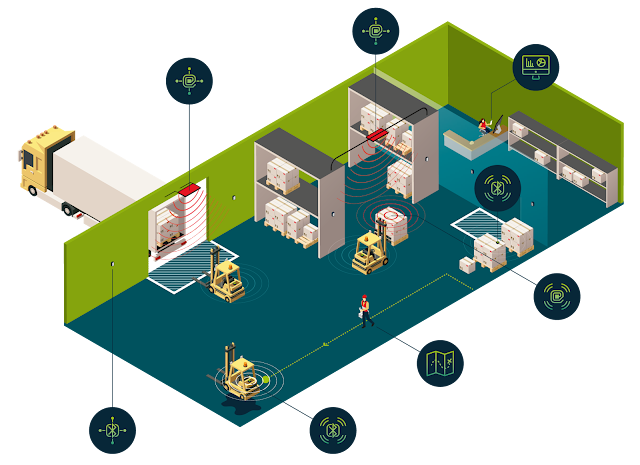New age real beetles equipped with backups set to boost disaster management efforts
Scientists were looking for new way to boost the disaster management efforts on the global scale by bringing the world’s first smallest disaster management squad. The look of the beetles is very much similar to wearing backpack but it does have a number of unique features. These beetles have the ability to detect the carbon dioxide within the collapsed building and they controlled remotely using the tiny packs fitted right on their back. The carbon dioxide being released by the people trapped inside the buildings and other places will help in getting them detected by these beetles and rescue efforts will be centered round getting them safely and soundly fast.Saving lives by detecting carbon dioxide
Scientists are immensely hopeful that these beetles will be sent in areas which have suffered from earthquakes, hurricanes and other disaster to boost the rescue efforts. The detectors placed on the beetles will help the people controlling the beetles to locate the life in the rubble. These beetles will be able to find whoever or whatever is generating carbon dioxide and could help in lessening the time usually lost in finding the victims after disaster events. Secondly it will also remove the need of digging up areas in hope of finding people alive rather focusing on concentrating on such areas from where carbon dioxide is being generated and there is more likelihood of finding the trapped person or persons.
The team behind this new age technology
These new age cyborg beetles have been developed by a group of scientists at Nanyang Technological University (NTU). The lead scientist on this research has asserted that these beetles will help in locating, finding and detecting the survivors buried below the debris and rubles quickly than any other technology present at hand. It will also help in combing a wide or large area within the shortest amount of time to get to the survivors as quickly as possible. The small size and some tool used in the development of the cyborg beetles makes them more suitable to get through the small spaces with much agility.
Scientists had made use of the darkling beetles and their backs are fitted with the tiny computer with the use of simple beeswax. The computer is used by the beetle handler to send electrical pulses to the beetle which is received by its antenna and helps in steering them on the right month. Beetles makes use of the temperature and heartbeat vibration apart from the carbon dioxide generation in order to detect survivors.
A number of critics have emerged who are actively against the use of the beetles for the rescue efforts. They believe that putting a tiny computer on the back of the beetles and steering them to detect and fin survivors is nothing less than animal torture. They are asking the scientists to make use of the mechanical robots rather than real beetles. Scientists has stated that they had taken good care of the beetles and when they are not being controlled then are living their normal lives.


























